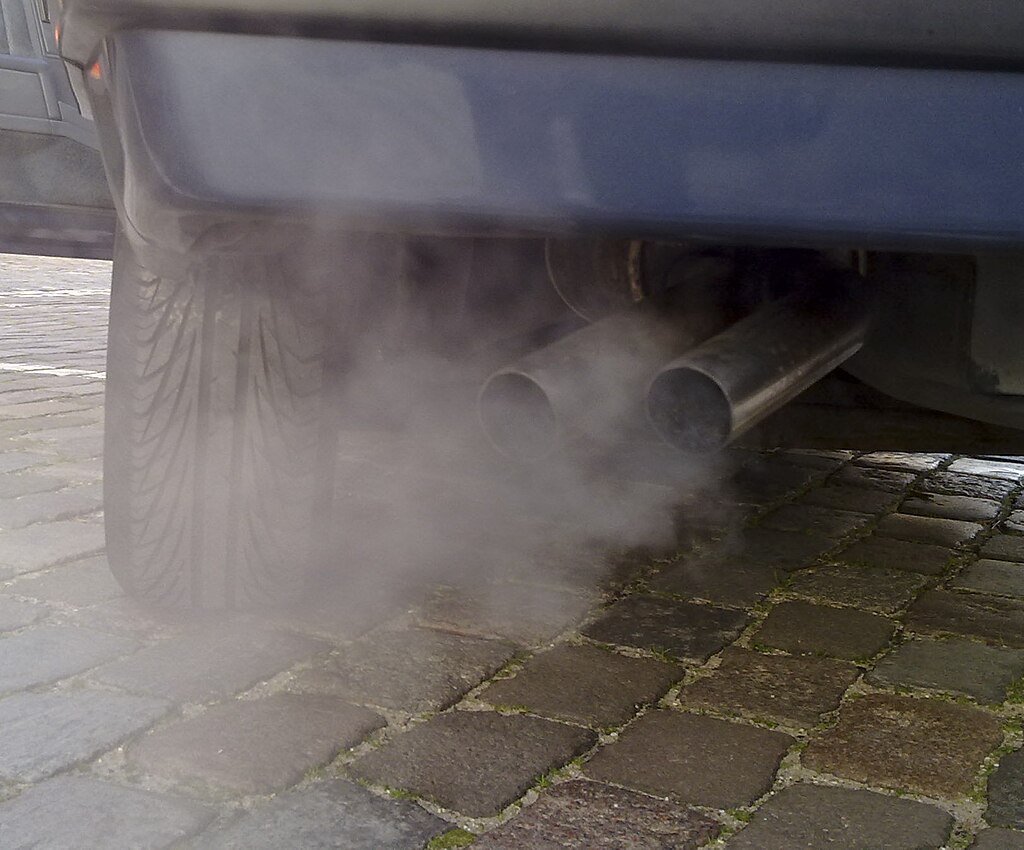Supreme Court Hearing CA Tailpipe and EV Case, President Says Avoid Climate Cases
On December 13, 2024, Reuters reported that the U.S. Supreme Court has agreed to hear a major case concerning California’s authority to set its own vehicle emissions and electric vehicle (EV) standards, challenging the federal Clean Air Act. This dispute stems from a 2022 decision by the U.S. Environmental Protection Agency (EPA), which granted California a waiver to set stricter emission limits and mandates for EV sales than federal standards. This waiver reinstated a special exception for California, which has historically been allowed to establish its own regulations, even though federal standards generally take precedence.
Fuel producers, led by Valero Energy and other industry groups, are challenging the EPA’s decision, claiming that the agency overstepped its authority. They argue that California is acting like a “junior-varsity EPA” and does not have the power to impose climate change regulations or mandate a shift toward electric vehicles. They also contend that these regulations negatively impact their business by reducing demand for liquid fuels.
In April, a lower court rejected the lawsuit, finding that the plaintiffs lacked the standing to bring their case. The fuel producers are now appealing to the Supreme Court, invoking the “major questions” doctrine, which allows the Court to invalidate actions by executive agencies unless Congress clearly authorized them. The Court’s decision could have significant implications for the balance of power between state and federal regulatory authority, especially on environmental matters. The case will also test how much authority the EPA and states like California have in addressing climate change through vehicle emission standards.

Biden Administration Says Us Supreme Court Should Avoid Climate Change Cases
On December 11, Reuters reported that the Biden administration is urging the U.S. Supreme Court to reject efforts by oil companies and Republican state attorneys general to block state and local climate change lawsuits against fossil fuel producers. These lawsuits accuse companies like Exxon Mobil, Chevron, BP, and Shell of misleading the public about the dangers of climate change caused by fossil fuel use.
In one case, the city and county of Honolulu sued oil companies in 2020, alleging decades of deception about the climate risks of burning fossil fuels. The companies have requested the Supreme Court review a November 2023 decision by the Hawaii Supreme Court, which dismissed their argument that the lawsuit was an attempt to regulate emissions, a power reserved for the federal government. Solicitor General Elizabeth Prelogar urged the Supreme Court not to take up the case, as the oil companies are still raising other constitutional arguments that could resolve the issue without the need for high court involvement.
Additionally, Republican-led states, including Alabama, have sought to block five Democratic-led states—California, Connecticut, Minnesota, New Jersey, and Rhode Island—from pursuing similar lawsuits. These states argue that the lawsuits are an attempt to regulate emissions and the U.S. energy system, which they contend falls under federal jurisdiction. Prelogar countered that the Democratic states’ claims do not involve federal law and that the Republican-led states lack standing to challenge the lawsuits over a speculative future scenario.
Chevron’s lawyer argued that the Supreme Court should intervene to prevent harm to the nation’s energy security, but the Biden administration maintains that the Republican states’ claims are without merit. The Supreme Court’s decision on whether to take up these cases could have significant implications for the future of climate change litigation and the extent to which state governments can hold fossil fuel companies accountable for their role in global warming.
EPA will Likely Approve CA Emissions Rules
On December 13, author Jameson Dow at electrek reported that The U.S. government is reportedly poised to approve California’s “Advanced Clean Cars 2” emissions rules, which would effectively end the sale of new gas-only cars in the state by 2035. This approval, expected in the coming days, marks a significant step in California’s longstanding authority to set stricter emissions standards than those required at the federal level. California’s decision aims to transition to electric vehicles (EVs), allowing only a limited number of plug-in hybrids under specific requirements to ensure they are used efficiently.
This move builds on California’s decades-old special “waiver,” which permits the state to impose stricter emissions standards due to its severe air quality issues, particularly in smog-prone areas like Los Angeles and the Central Valley. Since the 1960s, California has maintained this regulatory independence, with other states able to adopt these rules if they mirror them exactly.
The new regulations, finalized in 2022, are expected to deliver substantial benefits, including savings of $13 billion in health costs, a reduction of thousands of deaths, and a halving of auto emissions in the state. The broader impact is also anticipated to reduce petroleum consumption by almost a billion barrels.
Although the approval is seen as likely, it comes toward the end of President Biden’s term, a time when incoming political shifts could pose challenges. Republican lawmakers may try to reverse the decision through the Congressional Review Act, though this would not apply to the waiver itself, as it is not a direct federal regulation. The greater concern is that a potential future administration, particularly under the former President, could attempt to dismantle California’s emissions rules, reverting to less stringent standards and undermining the progress made in the electric vehicle and clean air sectors.
The President-elect’s administration previously attempted to weaken California’s emissions standards, though those efforts were largely unsuccessful. The ongoing legal and political battles surrounding California’s ability to enforce its emissions policies highlight the ongoing tension between state-level environmental regulation and federal authority.

Electric Vehicle Marketing Consultant, Writer and Editor. Publisher EVinfo.net.
Services